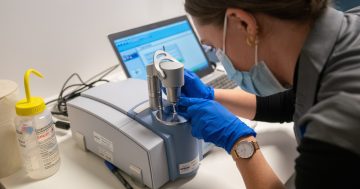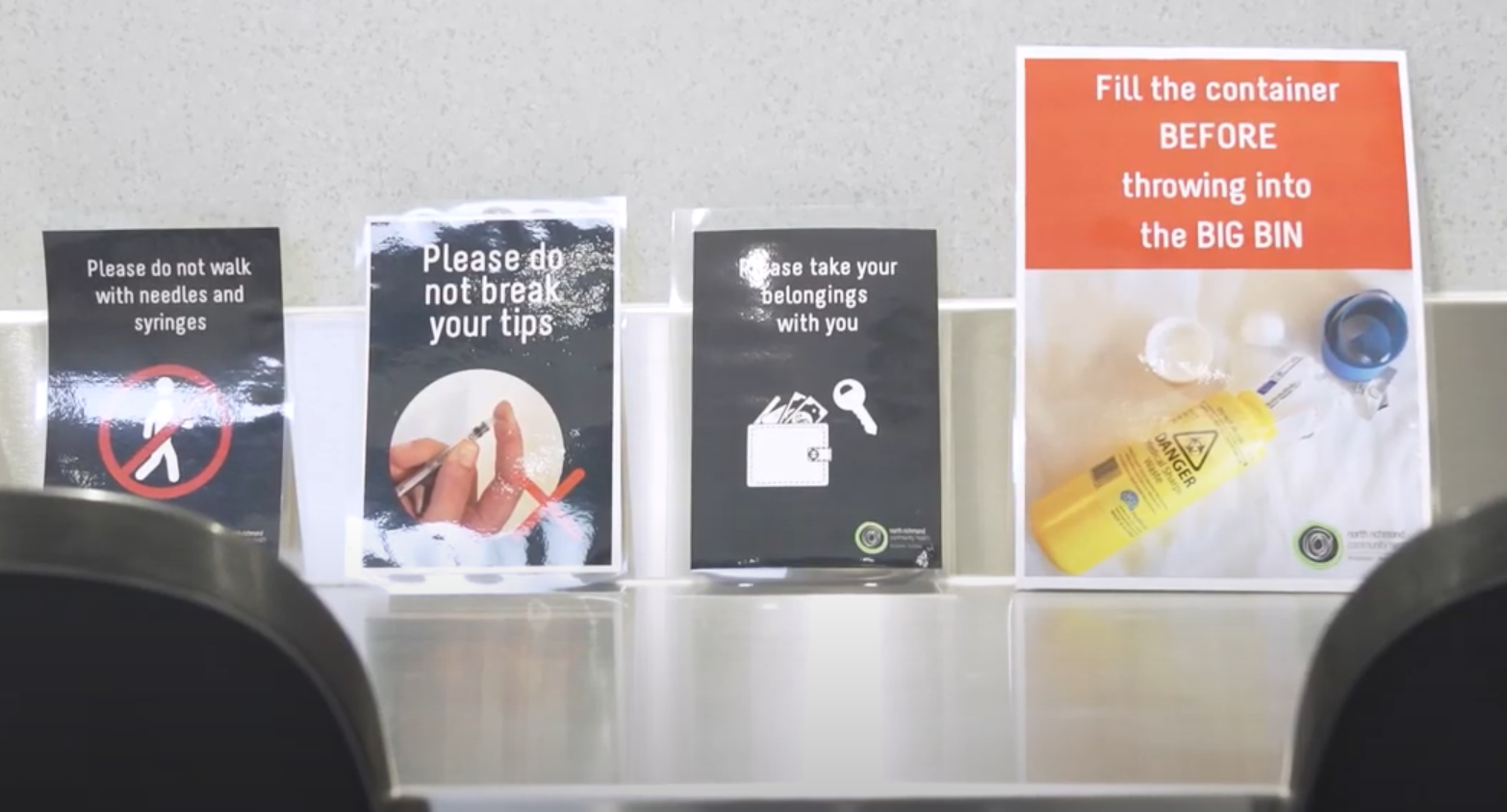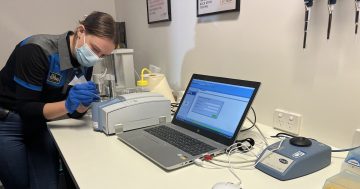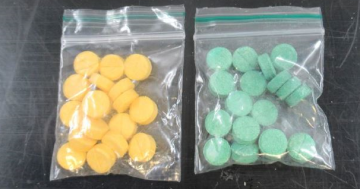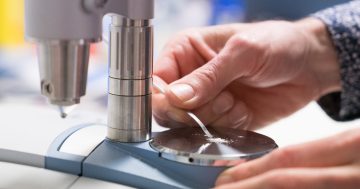
More Canberrans are seeking help through the Directions Health Services for drug and alcohol-related problems. Photo: File.
The number of Canberrans seeking help for drug, tobacco and alcohol use has doubled in the last two financial years.
Directions Health Services (DHS), an organisation that helps support those affected by drugs and alcohol, has seen an extra 2,500 people engage their services between 2016-17 and 2018-19, according to its latest annual report.
DHS CEO Bronwyn Hendry says the numbers show that the ACT is not meeting the demand for people seeking health services in relation to drugs and alcohol.
“We are experiencing increased demand for our existing services and have introduced new treatment places in response. We are seeing more new clients seek out services as well as increasing rates of client engagement and use of services,” she said.
“However, new figures released [in December] show there is still significant unmet demand in the ACT. There has been a steady increase in the number of people seeking support over several years. Last financial year over 5,000 clients engaged with Directions Health Services, up from 2,540 two years ago.”
On top of the increase, Ms Hendry said only a small fraction of those who reported frequent ecstasy use were receiving help, even though more than a quarter of respondents (28 per cent) to the Ecstasy and Other Drugs Reporting System admitted to taking the drug at least once a week.
“Only 7 per cent of ACT participants interviewed were receiving drug treatment, which is less than a third of the people who may be experiencing problems with their ecstasy use,” Ms Hendry said.
“Nearly half of Canberrans interviewed for the Illicit Drug Reporting System were currently in drug treatment. While this is encouraging, it means half of the people who are injecting drugs in the ACT are not yet getting support for their drug use.
“Based on these samples, we can be doing more to make treatment services accessible.”
Ms Hendry said the focus needs to be on harm minimisation, which is the priority of drug and alcohol services such as Directions Health.
“Our own data shows Canberrans engaging with services experience significant positive outcomes,” she said. “Clients of our Arcadia House services this year reported a dramatic 66 per cent reduction in mental health symptoms and significant overall improvements in holistic quality of life.
“With more frequent access to pill testing, these people will be more likely to engage with health services.”
A report on Australia’s second pill testing trial at the Groovin the Moo festival in April this year found that the program was a success; as a result, Health Minister Rachel Stephen-Smith said she will share the results at the next health minister’s meeting in 2020.
“The ACT Government does not condone the use of illicit drugs. We know the safest option remains not to take drugs and this will always be our advice to the community. However, we also believe governments have a responsibility to not only try to prevent drug use but also to support initiatives that reduce the harms associated with drug use,” Ms Stephen-Smith said.
“The ACT has been a leader in taking a harm minimisation approach to illicit drug use. Our support of the pill testing trials is another example of our strong commitment to a holistic and progressive policy, underpinned by our belief that the use of drugs is primarily a health issue.”
But while pill testing is not currently rolled out across the Territory, police say they are still engaging in other harm minimisation tactics to help reduce drug and alcohol-related injury, especially over the holiday period.
“Policing is not all about taking people to the watch house, we have a great relationship with other support services, and we also contact family and friends to pick people up if we can,” Chief Police Officer Michael Chew said.
“If people are enjoying themselves and they feel in danger or need assistance then they should come and approach the police and we will work out ways to get them home safely.”
“We are supportive of harm minimisation … the last thing we want to do is lock people up.”













